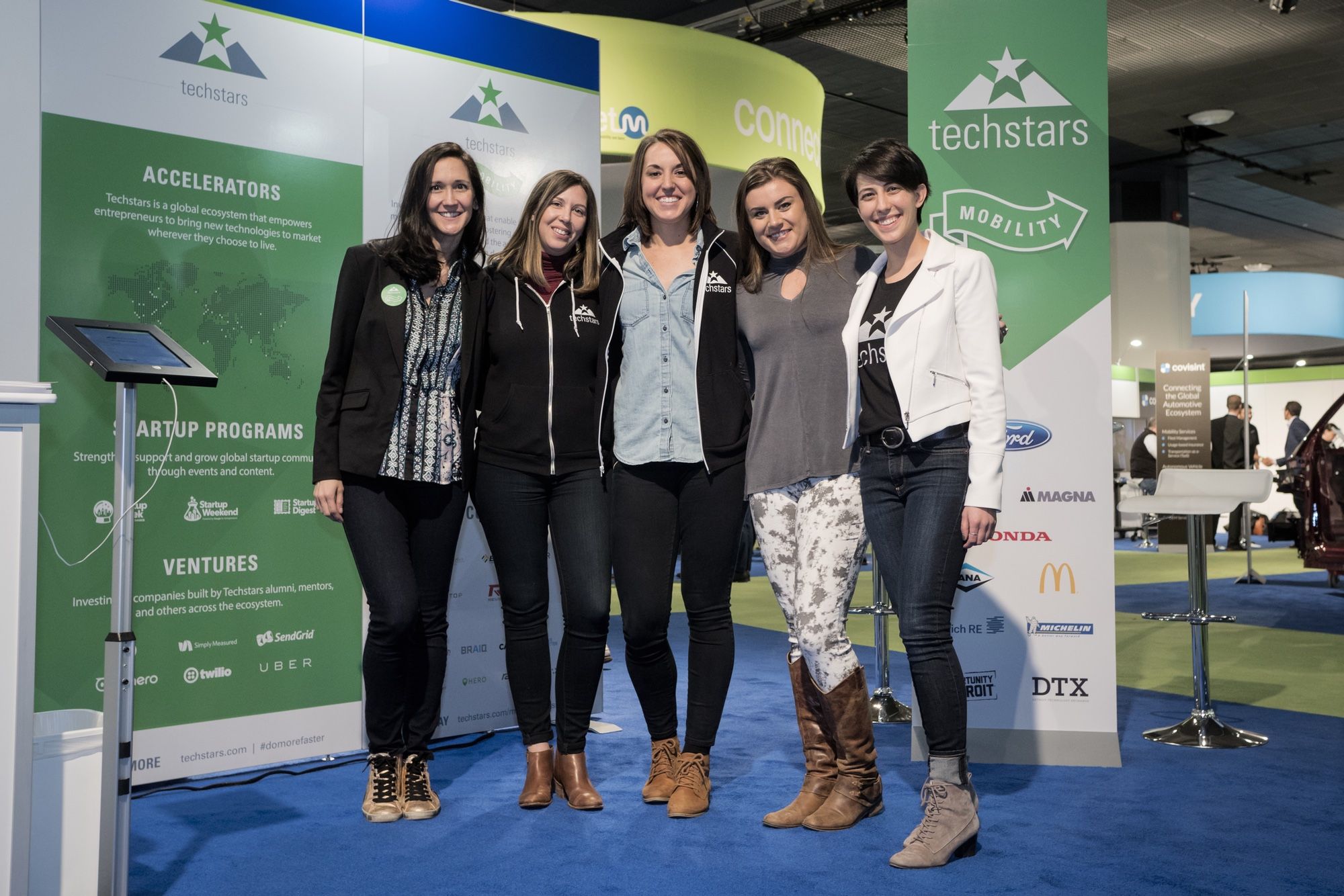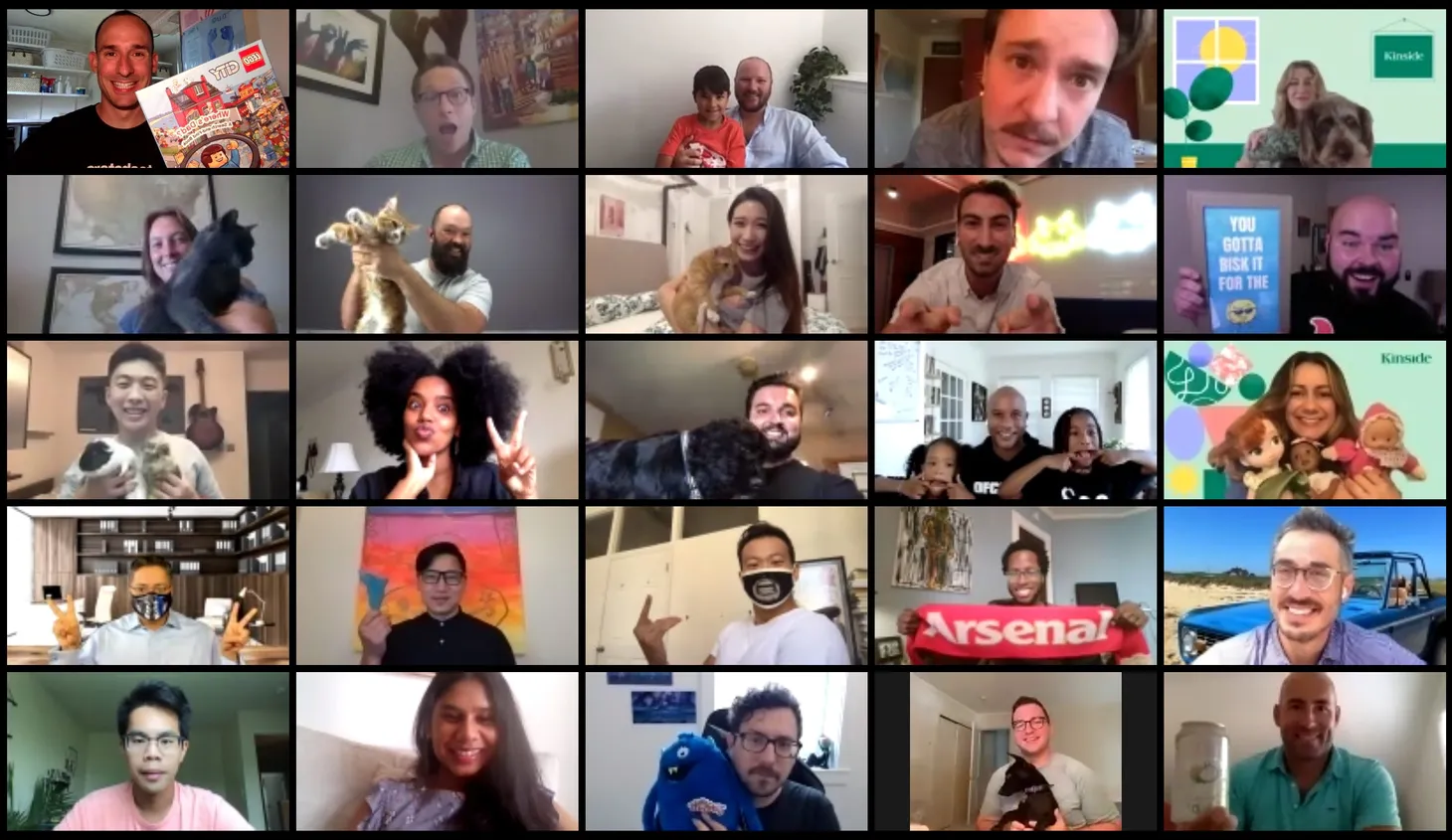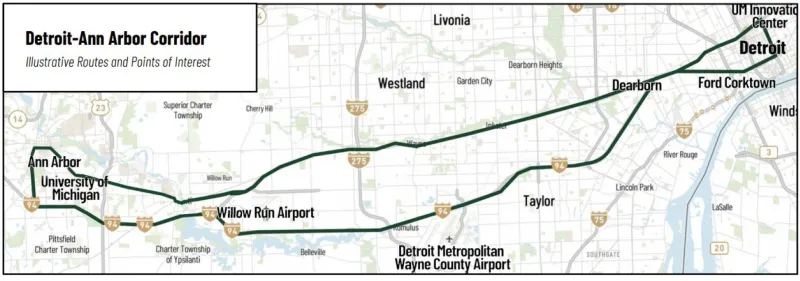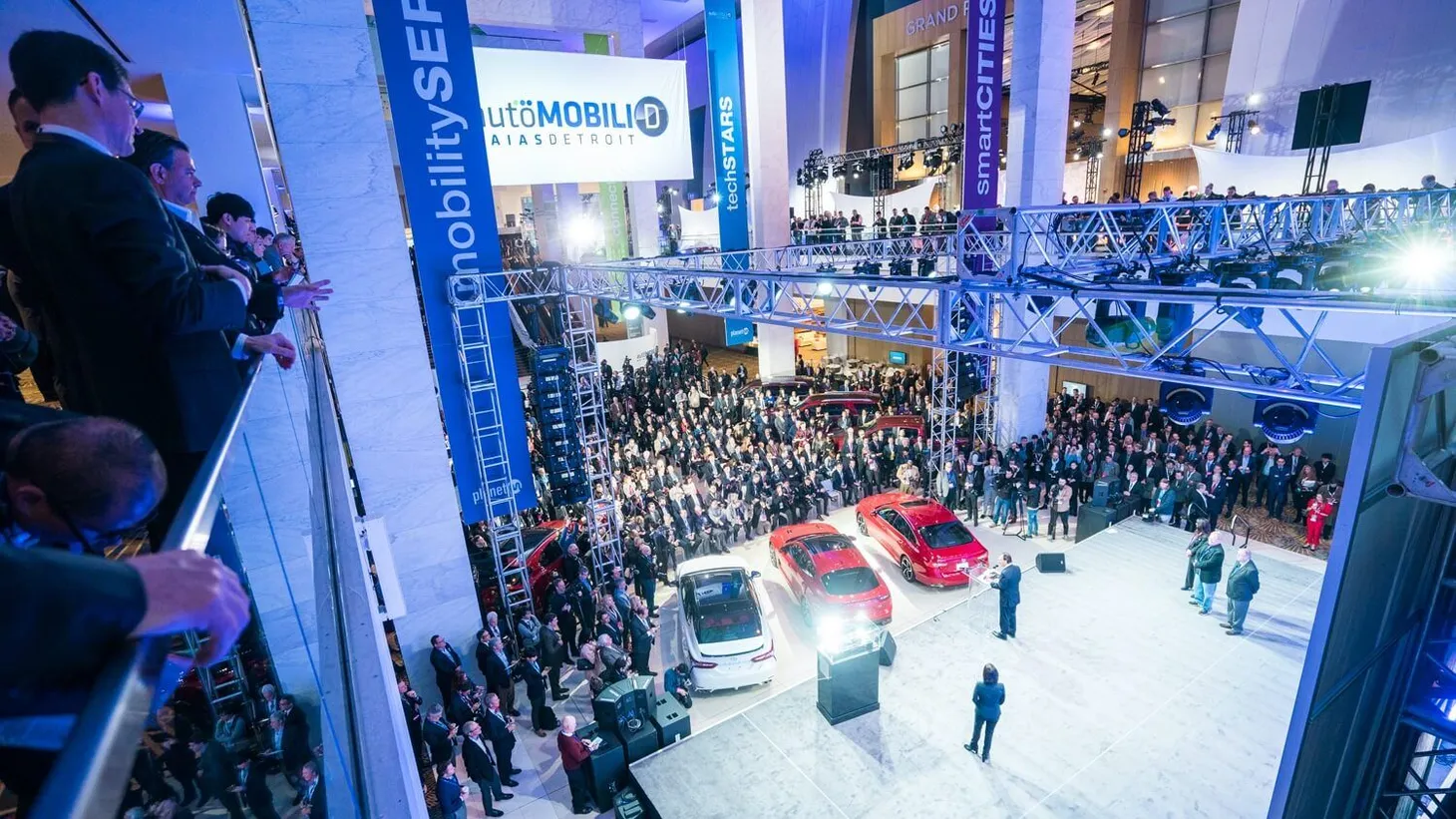Asking for Help, We Need More Women to Help Drive the Mobility Industry Forward
Today is International Women’s Day. A celebration of the amazing women in our lives that make the world a better place. Today is also the recognition of the struggles and biases women face that create pain and suffering. Today is a call to action to accelerate gender parity. I want to ask for your help. I want to welcome more women into mobility, both as founders changing the future, and as mentors, supporting the growing and changing ecosystem around automotive mobility.

Today is International Women’s Day. A celebration of the amazing women in our lives that make the world a better place (shout to my wife and my 18- month-old daughter). Today is also the recognition of the struggles and biases women face that create pain and suffering. Today is a call to action to accelerate gender parity.
I want to ask for your help. I want to welcome more women into mobility, both as founders changing the future, and as mentors, supporting the growing and changing ecosystem around automotive mobility.
As Brené Brown puts it, “Courage is contagious. Every time we choose courage, we make everyone around us a little better and the world a little braver.”
The automotive industry has a stigma of being a guy’s thing. Guys are into cars and women are not. Guys are more engineering focused and women are not.
This is all a stereotype. A bias. A woefully wrong one. For example, look at Mary Barra, the CEO of GM, both a car enthusiast and an engineer, who is taking charge to lead GM through the automotive industry change to the mobility industry. Kate Schox put together a list of emerging females investing in the future of transportation that make up this future mobility industry.
We need more of the this. We need the courage to take a hard look at the gaps in diversity and work together to improve it.
Building a mobility innovation community welcoming women
The future of automotive and transportation is mobility. Mobility is the fusion of manufactured steel with software and services. It’s the automotive industry adding a layer of software and services to enable new ways to get around, like a car that drives itself or transportation on demand.
As the industry changes, so will the workforce and skills needed to survive and win in this new environment. And you know what, diversity of ideas and people will be a key component in this new era.
Today, women makeup half the workforce in the U.S., and only represent 25% of the workforce in the automotive/mobility industry. When you look at women in automotive executive positions, that number drops to 17%. Yet, just as automobile ownership declines, autonomous vehicles take over and shared mobility services grow, so will women become prominent in an industry once dominated by men. Source: Catalyst
At Techstars Mobility, we’re on a mission to connect the automotive industry to emerging startups around the world. We’ve built a network of over 143 organizations spanning OEMs, suppliers, service companies, venture capital funds, and more.
We have invested in 33 startups from 6 different countries. We have over 300+ mentors supporting entrepreneurs that go through our program.
When I analyzed our breakdown of women-led startups and female mentors, I almost fell out of my seat. While we make a conscious effort to be more inclusive, our numbers are still barely above the automotive industry average:
- 19% of our mentors are women
- 18% of our startups have women co-founders
So this blog post is my call for help to improve significantly this percentage.
Techstars Mobility is looking to engage with more women in the mobility and automotive industry. We are looking to invest in more female-led startups. We are looking for women to be involved as mentors. If you know of anyone or are interested yourself, please send them my way.
Investing in amazing women changing the future of transportation
Through Techstars Mobility, I’ve had the pleasure to invest and support some amazing women changing the future of transportation. I’d like to invest in even more. Here’s what they shared with ways to improve the gender gap in the automotive mobility industry.
Anya started SPLT which Bosch acquired
SPLT founder and CEO, Anya Babbitt, shares her thoughts about why she started her company and what we can do to make the industry more welcoming to women.
Bosch recently acquired SPLT, check out the backstory in this post.
Why did you decide to start a company in the automotive mobility space?
It all started with a personal mobility challenge. Several years ago I was working in Los Angeles on a project and traveling from the hotel and the work site every day taking the hotel shuttle. One day it was completely booked, and I was stuck without a ride to a meeting halfway across town. Luckily two other guests were going in the same direction and we shared the ride in their car. That led to sharing the ride, splitting the cost, plus a networking opportunity. I returned home to New York where organic sharing of taxi rides became an emergent phenomenon as more and more people took to sharing transportation during peak hours. I soon realized there needed to be an app for this, where people working together or living near one another could share the ride and connect.
What do you think we can do to make the industry more welcoming to female founders and innovators shaping the future of transportation?
The future of transportation is happening now and there are already more women in the field than ever. The end goal is to improve the lives of all people through innovations in transportation. As women have attained higher academic achievement over the past few decades, the demand for more convenience, accessibility, and assistance will continue to grow. We still bear the greatest burden in child-rearing and taking care of our elderly parents, work that many female-led transportation startups are addressing in this space. Saving time, saving the environment, they all converge when convenience is as important as conservation. The culture and conversations are already changing.
Diane started SEEVA and raised $2.1M in venture funding
SEEVA founder and CEO, Diane Lansinger, shares her thoughts about why she started her company and what we can do to make the industry more welcoming to women.
Why did you decide to start a company in the automotive mobility space?
When I realized my kids would be getting their driver’s licenses at about the same L5 semi-trucks would be hitting the road, I was all in.
What do you think we can do to make the industry more welcoming to female founders and innovators shaping the future of transportation?
I’d love to start a monthly roundtable with female mobility founders and/or C-suite startup leaders where we meet, share experiences and peer-mentor each other. I know a simple format I’ve experienced in other “she-EO” startup groups that works well even with dispersed groups. Happy to share and can moderate for the first few months (having a moderator is good, in my experience, just to keep focus). This isn’t a social group format, though we do get to know each other better and build our networks in the process. Who’s in? Note: I’m happy to connect you to Diane if you’d like to be part of this group.
Siheun co-founded Rally, which helped 50,000 riders for 2017’s historic Women’s March on Washington
Rally co-founder, Siheun Song, shares her thoughts about why she started her company and what we can do to make the industry more welcoming to women.
Why did you decide to start a company in the automotive mobility space?
Rally brings together like-minded strangers to reach common destinations by bus. But I didn’t start the company because I saw a market opportunity. It was serendipitous actually. We realized that the platform we created (to help marchers get to DC) had the potential to define a new travel category: the bus rideshare.
What do you think we can do to make the industry more welcoming to female founders and innovators shaping the future of transportation?
What can “we” do? By “we,” do we mean female founders? I can’t convince “the industry” to hire and promote women, but we newcomers can lead by example.Our startup’s last two hires are women, and I intend to lead a company that represents a diversity of thought.
Lisa supports founders building the future of transportation
Techstars Mobility Director, Lisa Seymour, shares her thoughts about why she started her company and what we can do to make the industry more welcoming to women.
Why did you decide to start a company in the automotive mobility space?
I didn’t start a company in the mobility space, but I did spin up the Techstars Mobility program with Ted because I wanted to help entrepreneurs build their businesses in Detroit. With all of the automotive and mobility expertise, we have in Southeast Michigan starting a program for mobility entrepreneurs seemed like the perfect fit.
What do you think we can do to make the industry more welcoming to female founders and innovators shaping the future of transportation?
We have an amazing network of founders and mentors in the mobility program though most are men. That being said — be our allies! Help women in the industry strengthen their voice and be more visible. Diversity makes us all better.
Are you a founder that wants to grow your network, secure capital for your startup, and scale your business? Do you want to grow as a leader and be more successful? Subscribed to Ted’s blog and apply for the 2018 Techstars Mobility program (be sure to select Mobility 2018 as your first choice in the application).
Ted Serbinski Newsletter
Join the newsletter to receive the latest updates in your inbox.


